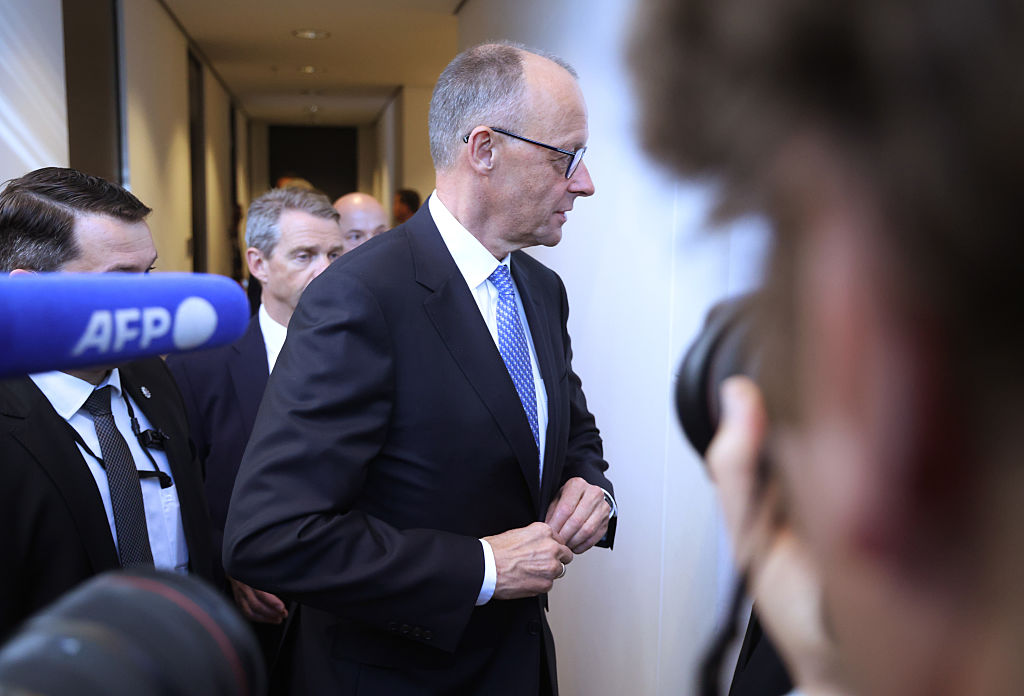Two months after Friedrich Merz, Germany’s new Chancellor, assumed office, a new survey showed widespread discontent with his government.
In a poll conducted by YouGov among 2,192 citizens between July 11 and 14, 65 per cent of respondents said the were “very unhappy” or “rather unhappy” with the Merz administration’s work.
That marked a ten-percentage point rise compared to the last survey in June. Only 29 per cent of respondents are rather or very happy with the Merz government coalition of the Conservative Chancellor’s Christian Democratic Union (CDU) and coalition partner the Social Democratic Party of Germany (SPD).
According to YouGov, that meant the new government was even less popular than its predecessor – a three-party coalition led by the SPD and the Greens Party – at a comparable point in time.
Merz was not much more popular than his own administration, with 59 per cent of respondents saying he was doing a poor job and only 32 per cent happy with his work. The remainder answered with “do not know”.
The dissatisfaction was reflected in the polling numbers for CDU and SPD, both of which were below their election result from February 2025.
The CDU would get 27 per cent of the vote (down from 29 per cent at the election) while the SPD was down to 14 per cent (from 16 per cent) – a historic low.
Meanwhile, the right-wing Alternative for Germany party (AfD), which has classically attracted many disgruntled Conservatives, was up 4 percentage points to 25 per cent in the polls.
The hard-left Greens and Die Linke parties could both expect to get around 10 to 11 per cent of the vote.
While the YouGov survey did not ask people’s motives for dissatisfaction, Merz and his CDU have recently dismayed their voter base by seeming to cave in to their left-wing junior coalition partner on several issues.
In June, the Chancellor broke his election promise of abolishing the electricity tax for German households due to “budget constraints”. That was despite the federal budget recently presented by SPD finance minister Lars Klingbeil coming with a record amount of new debt.
On July 11, the CDU and SPD had to abruptly cancel a vote in parliament on the nomination of three new justices for the Constitutional Court. That was after Conservative MPs had rebelled against their party leadership’s consent to an SPD candidate deemed too left-wing extremist by many on the Right.
Lastly, Merz’s plans to reform Germany’s cripplingly expensive social welfare system, the so-called Bürgergeld (citizen’s allowance), may end up as another broken promise due to the SPD’s resistance.





